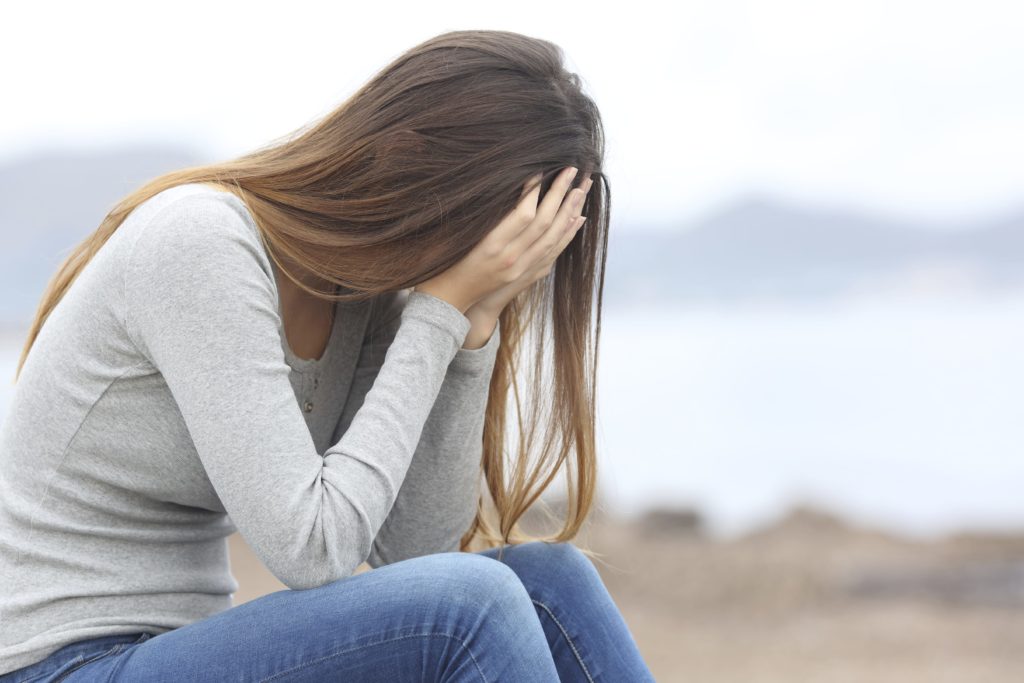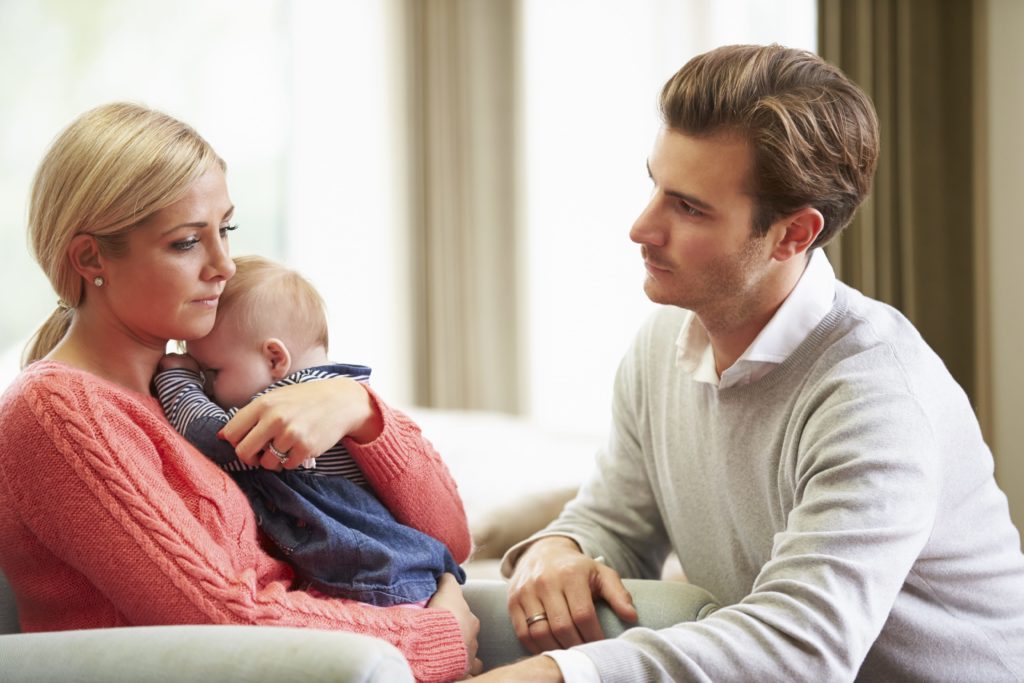The average adult needs about seven hours of sleep a night to feel fully rested and functional. Teenagers need to get an additional two hours of sleep to maintain their daily function. This number may even be higher if you experience a chronic mental or physical illness. Unfortunately, if you fail to get enough sleep, you may experience significant feelings of anxiety. There is a link between a lack of sleep and anxiety. At the same time, people with anxiety-related problems may find themselves having difficulty falling asleep or staying asleep.
If you or someone you love experiences anxiety and sleep disorders, contact us at 17135283709 to learn about our anxiety treatment center.
The Connection between Lack of Sleep and Anxiety
Before fully answering the question, can lack of sleep cause anxiety? Understanding the two-way connection between sleep and your mental and emotional state is important. Some people don’t qualify for an anxiety disorder diagnosis but still feel anxiousness that occasionally interferes with their ability to get a good night’s sleep. In other cases, a diagnosable anxiety disorder produces significant insomnia symptoms or other sleep disturbances. However, not all anxious people or people with anxiety disorders experience disruptions in their ability to get decent rest.
Lack of Sleep and Anxiety Impacts
So, can lack of sleep cause anxiety? In a word, yes. This typically happens with a sleep disorder instead of occasional sleep problems. However, you can experience worry during any episode of sleeplessness. This worry may be directed at insomnia itself or some other target, such as an upcoming daytime activity.
Scientists now believe that sleep deprivation and other ongoing sleep disruptions may play an important role in setting the stage for diagnosable anxiety disorders such as panic and generalized anxiety disorders. These disruptions may also play a key role in triggering the onset of depression and many other diagnosable mental health issues, including bipolar disorders. However, not all people with sleep problems or sleep disorders will develop problems with anxiousness, an anxiety disorder, or any other mental health condition.
Some negative impacts of lack of sleep include the following:
- Memory problems, lack of concentration, and poor decision-making
- Paranoia, panic attacks, and increased anxiety levels
- Irritability and lack of resilience to stress
- Heightened risk of physical illness
- Mild cognitive impairment
- Increased stress hormone levels in the body (cortisol)
- Poor judgment
- Decreased performance in day-to-day activities
- Increased risk of mental health problems
It’s important to seek help if lack of sleep and anxiety makes life hard.
Sleep Anxiety Symptoms
An anxiety disorder that is linked to lack of sleep or a sleep disorder may have a few different symptoms, including:
- Difficulty falling asleep
- Difficulty staying asleep
- Increased anxiety levels during the night
- Excessive worrying
Anxiety may also affect the quality of your sleep, causing you to have nightmares or wake up frequently during the night. It’s also important to note that a lack of sleep with increased euphoria or dysphoria could signify a manic episode.
If lack of sleep contributes to your anxiety symptoms, getting help is essential. Contact us at 17135283709 to learn more about our treatment options for anxiousness linked to lack of sleep.
Help for Sleep Anxiety Symptoms with Right Step
If you or someone you love is experiencing sleeplessness and anxiety, it’s important to seek help. Various forms of therapy and treatment can help, including:
- Medication therapy
- Cognitive-behavioral therapy
- Dialectical behavior therapy
- Meditation and mindfulness
- Yoga therapy
- Exercise
- Sleep hygiene
We offer programs for anxiety treatment that can help you get rest, start your day off right, and tackle anything worrying you. Contact us at 17135283709 today for more information.






